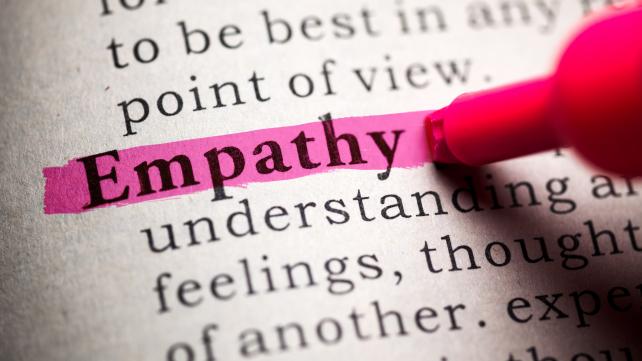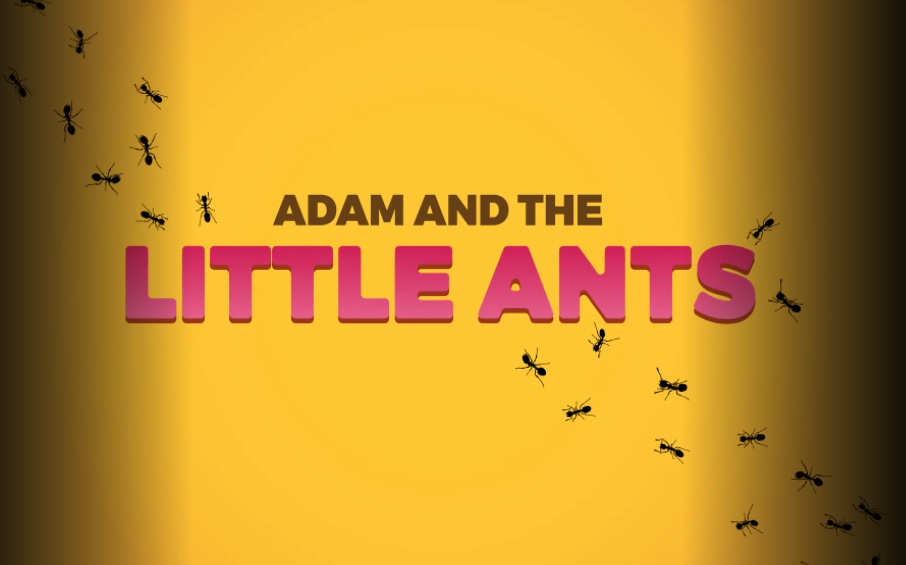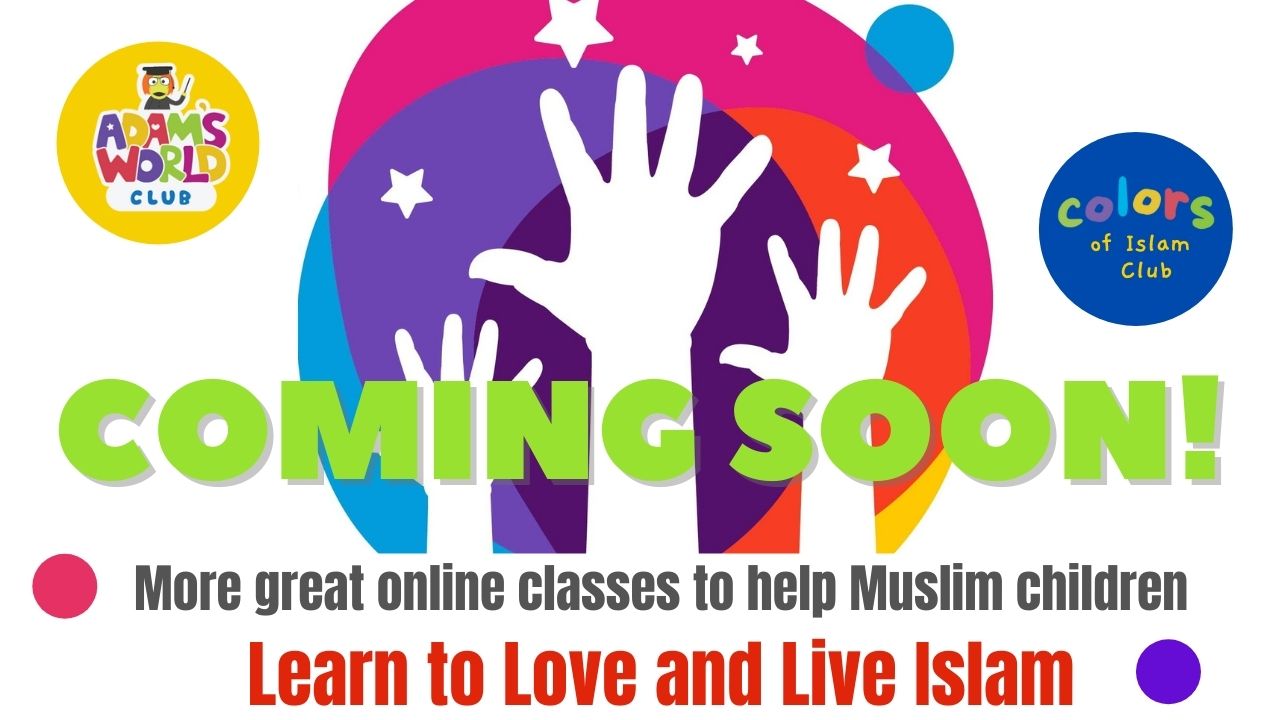|  | Nurturing the Next Generation
Sound Vision |
|
|
| |  | Empathy – It’s a Game Changer! By Zahirah Lynn Eppard Research suggests that empathy is on a steady decline and this trend has negative implications far and wide for individuals and our society. The good news is that empathy as a skill can be learned. Educational psychologist Dr. Michele Borba has offered parents a road map to empathy habits in her book Unselfie: Why Empathetic Kids Succeed in our All-About-Me World. Borda identifies nine habits that highly empathetic individuals use and that can give children (and adults) an advantage. And she offers simple, practical, and proven ways for parents to nurture these skills. The list is roughly organized into three general areas – developing empathy, practicing empathy, and living empathy. Read more about the details in the full article. |
| | | Parenting Tip Developing empathetic habits will come naturally for your children if you are a role model of them yourself. Be in tune with the world around you - respecting all of the humans, living creatures, and creation you encounter. |
| |  | Reinforcing Empathy in our Own Selves By Umm Ahmed Tons of data suggest that children who are empathetic generally are more socially and emotionally competent, resilient, academically successful, and happier. It behooves parents to help nurture these skills at an early age. But to do so, parents must be good role models of empathy themselves. Here are six ways to build your own skills in this area. - Learn to be more patient.
- Agree to disagree, peacefully.
- Honor the rights of others.
- Treat others as you would like to be treated.
- Practice actively listening.
- Steer clear of judgements and biases.
Find out more about sharpening your skills here. |
| | | Inspiration “Learning to stand in someone else’s shoes, to see through their eyes, that’s how peace begins. And it’s up to you to make that happen. Empathy is a quality of character that can change the world.” President Barack Obama |
| |  | Cultivating Empathy: Reaping What We Sow An interview with Dr. Hernán Guadalupe by Wendy Díaz There are four main factors that determine empathy: temperament, genetics, trauma, and supportive parenting. The latter can be aided by an understanding of emotional intelligence or EQ. Dr. Hernan Guadalupe, professor of Emotional Intelligence at ICNA National Dawah Academy, discusses how parents can use elements of EQ and the example of Prophet Muhammed (peace and blessings be upon him) to teach children to be empathetic. |
| | |
|
| The Prophet Muhammad (peace and blessings be upon him) said, “The believers in their mutual kindness, compassion, and sympathy are just like one body. When one of the limbs suffers, the whole body responds to it with wakefulness and fever.” (Sahih al-Bukhari) |
| |  | Book Review: Where Are You Really From? By Sumayyah Khan Layaan is being bullied in school because she looks “foreign.” Canadian author Samira Hamana's new book Where Are You Really From? weaves a story to increase sensitivity and teach children that diversity is a beautiful part of the world we live in. Reviewer Sumayya Khan applauds the effort to help build empathy and understanding. Check out the details. |
| | | Parenting Stats - A study found that the average American is less empathetic than 75% of Americans 30 years ago.
- With the decline in empathy, we have also seen an uptick in narcissism.
- In a wide variety of research studies, women are found to be more empathetic than men.
- Empathy can be partly determined by genetics; the rest is determined by environment and influence.
- Empathy develops over time.
|
| | Online Resources 50 Books for Kids and Teens that Teach Empathy - This is an amazing list of books that help children develop empathy by stepping into someone else’s shoes. The list is organized by age - for the young child, for children ages 8-11, and for middle school and teens. Be sure to review the selections as some are not suitable for all ages and may contain subject matter that can be unsuitable. Sing Children of the World - A beautiful nasheed by singer and songwriter Dawud Wharnsby performed at the Reviving the Islamic Spirit 2015 conference in Toronto (6:14) |
| |  | WATCH: Adam and the Little Ants Adam shows his little sister ants that he captured from the backyard and, when he suggests he will not be treating them well because “they are just little ants,” she takes matters into her own hands. Aneesah reminds Adam of the lessons found in Surah 27:18-19 about Prophet Sulaiyman (peace be upon him) and his army. The video also features the Arabic letter “qaaf” and English letter “Q” for Quran. Dawud Wharnby’s beautiful song “Animals Love Quran” also reinforces the theme of treating all creatures with love and respect. |
| |
|
| |  | |  |
Creative educators are working on the details to bring engaging classes back to our Adam’s World Club and Colors of Islam Club students. Stay tuned for more details and visit our website for a look at previous offerings. |
| | The Sound Vision Foundation has been a trusted source of Islamic knowledge for more than 30 years. Our work with the world-renowned puppets Adam and Aneesah pioneered creative programming for Muslim children, encouraging them to learn about and love their religion. We continue to bring sound content and engaging programs that stimulate minds, touch hearts, and strive to fulfill our mission of raising better Muslims, better neighbors, and better citizens. This latest effort is designed to support and empower Muslim parents to do the same. |
| | | |
|
| |
|
|








